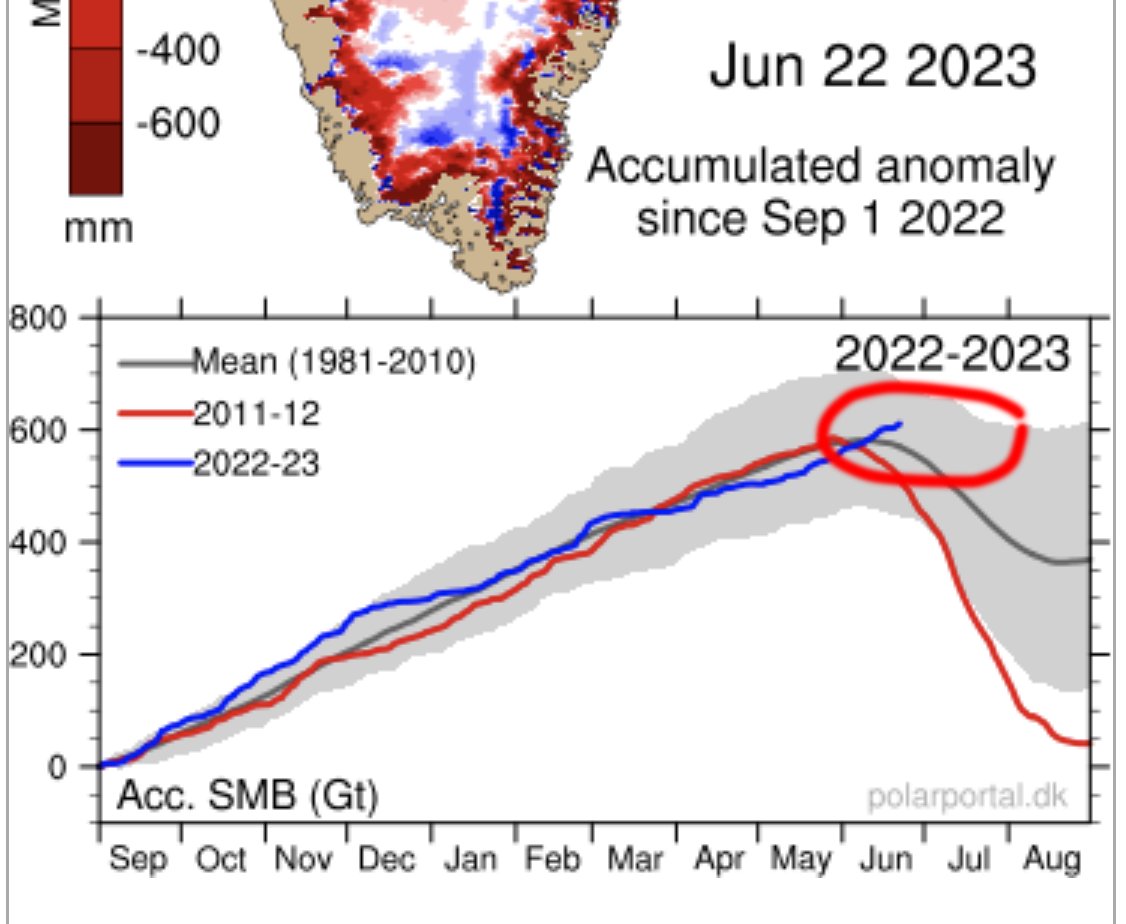5 Things I Truly Don’t Understand About The ‘Inevitable Energy Transition’
In a world that is apparently getting both warmer and colder because of global warming, how is it that we can increasingly rely on non-dispatchable (i.e., intermittent, usually unavailable), weather-dependent electricity from wind and solar plants to displace, not just supplement, dispatchable (i.e., baseload, almost always available) coal, gas, and nuclear power? In other words, if our weather is becoming less predictable, how is it that a consuming economy like ours can, or should even try, predictably rely on weather-dependent resources? ERCOT exemplifies this: the Texas grid operator has around 31,000 MW of wind capacity but goes into winter expecting only 6,000 MW (just 20%) of wind farms to be available to generate electricity. Again, in the marketplace, the “alternatives” you keep hearing about are proving to be far more supplemental than alternative.
Further, good wind and solar spots are finite, based on geography, so new builds, naturally, will be forced into areas that are less windy and less sunny, lowering their already very low 35% capacity factors. And because they devour immense swaths of land, interrupting a whole host of things, that Renewable Rejection Database is mounting very quickly. If wind, solar, and electric cars too are as effective and low-cost as so many keep promising us, there would obviously be no need for government subsidies for broad adoption. Yet, there is, gigantically so. Huge amounts of taxpayer money going into this, what I call “the holy climate panacea triad,” are vulnerable to changing politics and bound to become politically untenable at some point:“Ford Is Losing $66,446 On Every EV It Sells.”


